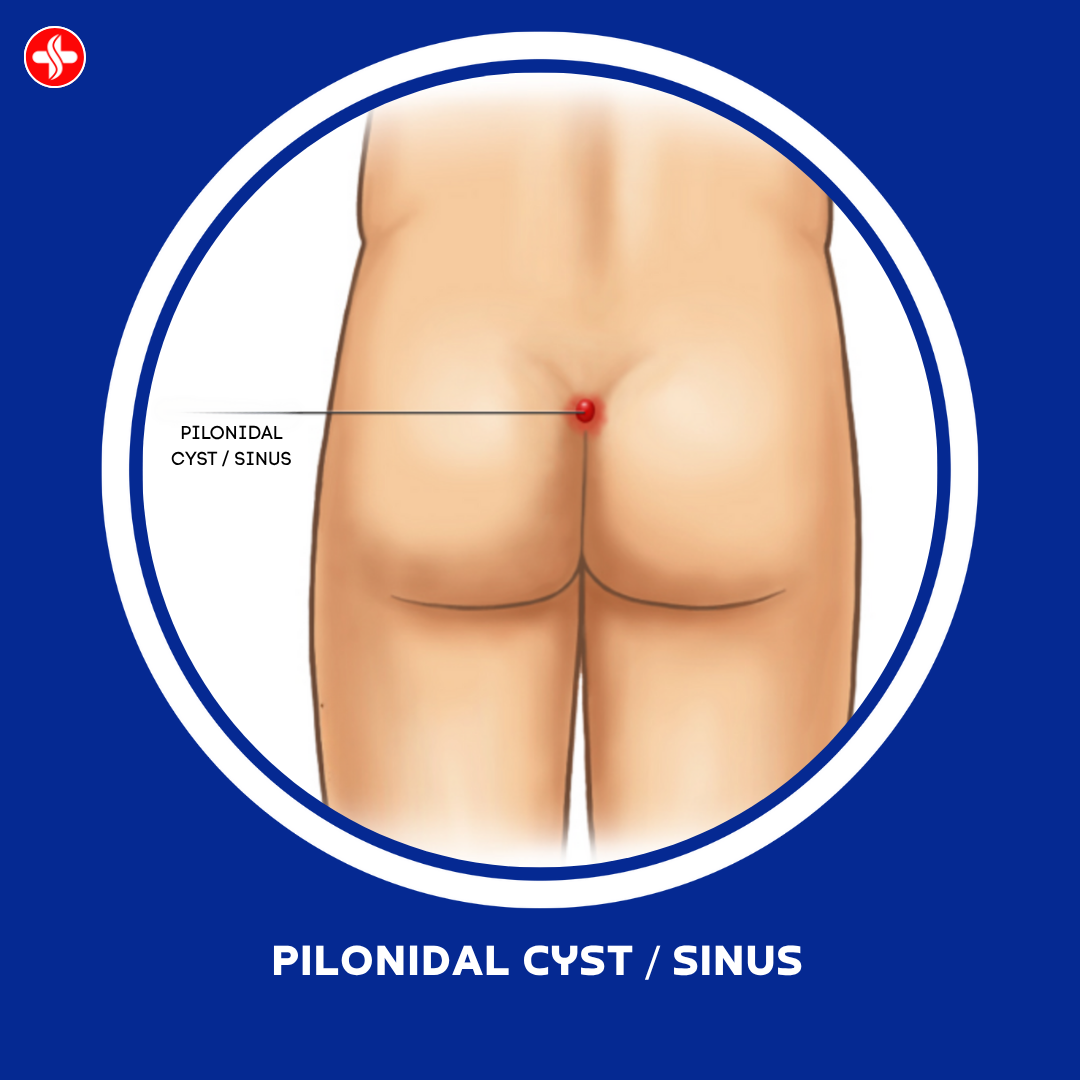Introduction:
When it comes to the health and well-being of our little ones, parents understandably seek the best care available. Pediatric general surgery is a specialized field dedicated to addressing surgical concerns unique to children. In this blog post, we’ll explore the special considerations and procedures involved in pediatric general surgery, shedding light on the intricacies of caring for our youngest patients.
1. Specialized Expertise: The Pediatric Surgeon’s Role
Pediatric surgeons are medical professionals with specialized training in performing surgeries on infants, children, and adolescents. Their expertise goes beyond surgical skills; they understand the nuances of pediatric anatomy, growth patterns, and the emotional needs of young patients and their families.
2. Common Conditions Requiring Pediatric Surgery:
- Hernias: While hernias can occur at any age, they are relatively common in infants and children. Pediatric surgeons use minimally invasive techniques to repair hernias with a focus on gentle, effective care.
- Appendicitis: Appendicitis can affect children as well, often requiring prompt surgical intervention. Pediatric surgeons are adept at diagnosing and addressing this condition while considering the unique aspects of a child’s physiology.
- Congenital Anomalies: Some children are born with structural abnormalities that may require surgical correction. Pediatric general surgeons collaborate with other specialists to address conditions such as congenital heart defects, intestinal malformations, and more.
3. Minimally Invasive Approaches:
Advancements in medical technology have paved the way for minimally invasive surgery in pediatric patients. Techniques such as laparoscopy and robotic-assisted surgery offer smaller incisions, reduced postoperative pain, and faster recovery times. Pediatric general surgeons leverage these innovations to ensure the best outcomes for their young patients.
4. Anesthesia Considerations:
Administering anesthesia to children requires a delicate balance. Pediatric anesthesiologists work closely with general surgeons to tailor anesthesia plans based on a child’s age, weight, and overall health. The goal is to ensure a safe and comfortable experience for the child during surgery.
5. Family-Centered Care:
Pediatric general surgery extends beyond the operating room. These surgeons recognize the importance of family-centered care, involving parents and caregivers in the decision-making process and providing support throughout the entire surgical journey.
6. Emotional Well-being of Pediatric Patients:
Children may experience anxiety or fear before surgery. Pediatric general surgeons and healthcare teams take extra steps to create a child-friendly environment, explain procedures in age-appropriate language, and use play therapy to alleviate anxiety and build trust.
7. Postoperative Care and Follow-up:
Recovery is a crucial phase, and pediatric general surgeons work closely with postoperative care teams to monitor a child’s progress. Clear communication with parents is maintained to ensure proper at-home care and address any concerns promptly.
Conclusion:
Pediatric general surgery is a specialized field that combines surgical expertise with a deep understanding of pediatric medicine and the unique needs of children. From common conditions to congenital anomalies, the focus is on providing effective, compassionate care tailored to the developmental stage of each young patient. Parents can rest assured that when it comes to the surgical well-being of their children, pediatric general surgeons are dedicated to navigating the path to recovery with expertise, empathy, and a commitment to the health and happiness of the littlest members of our families.




